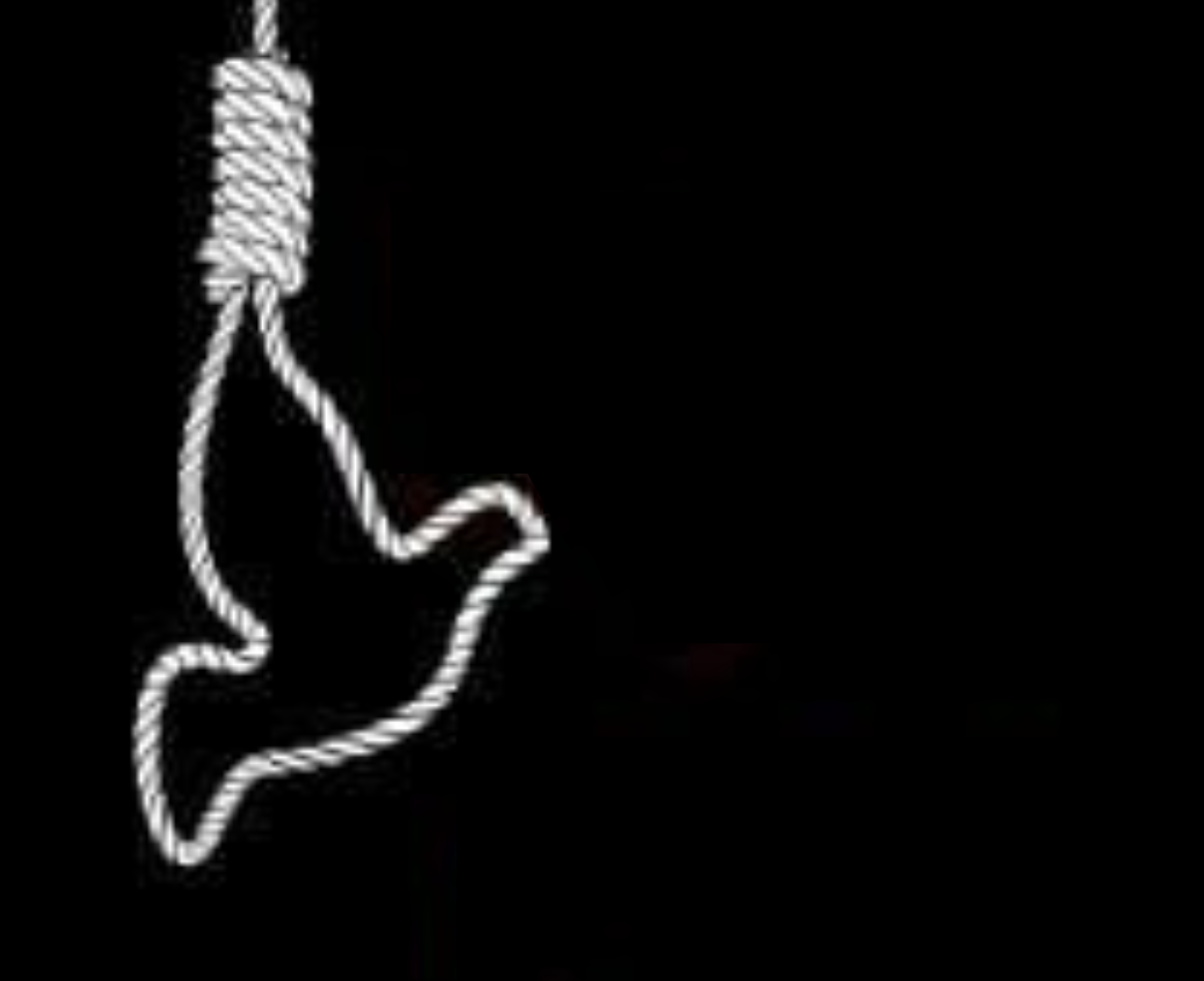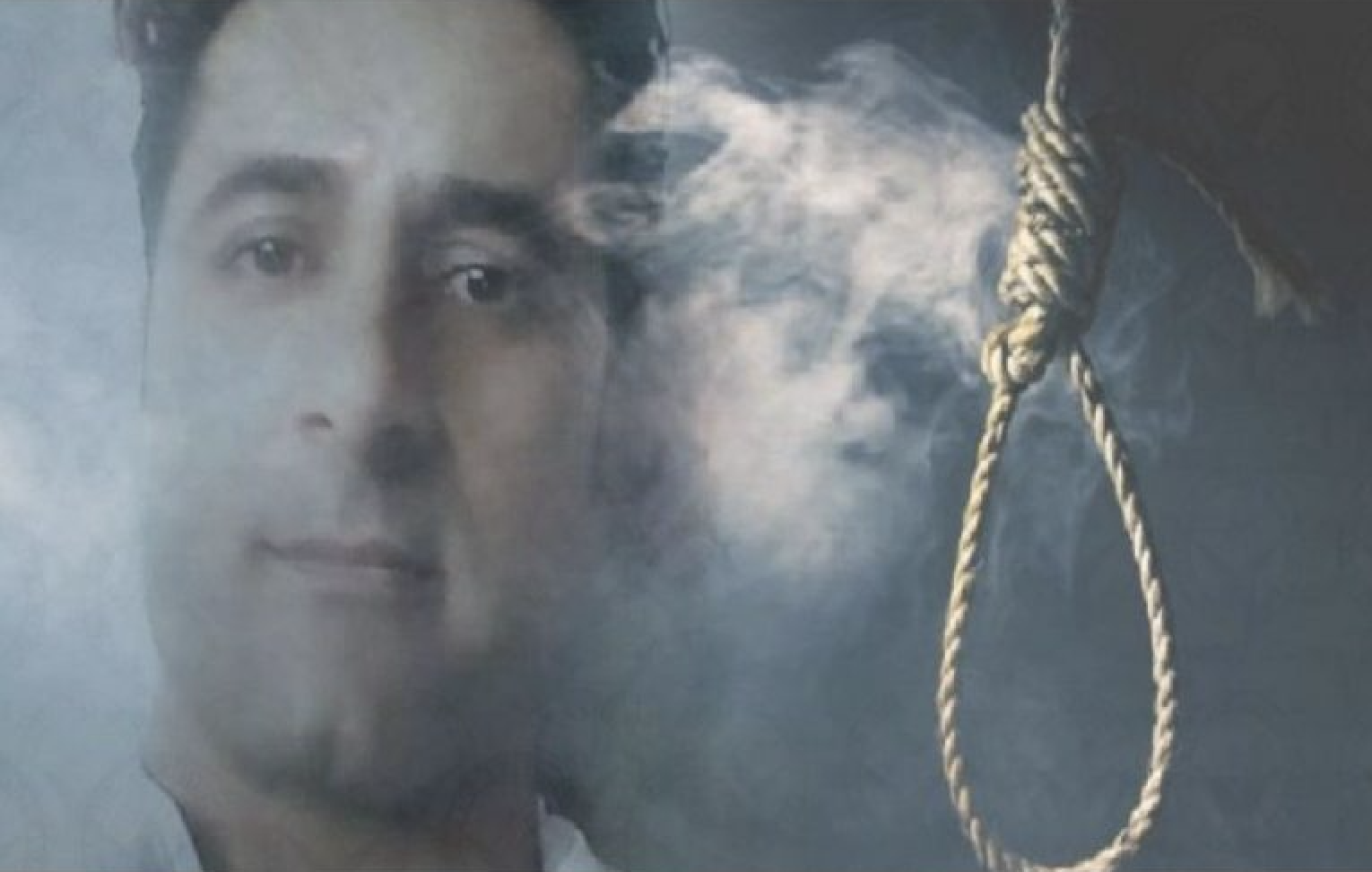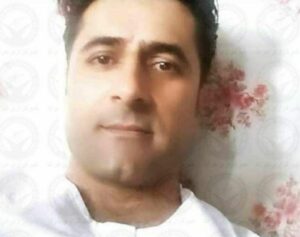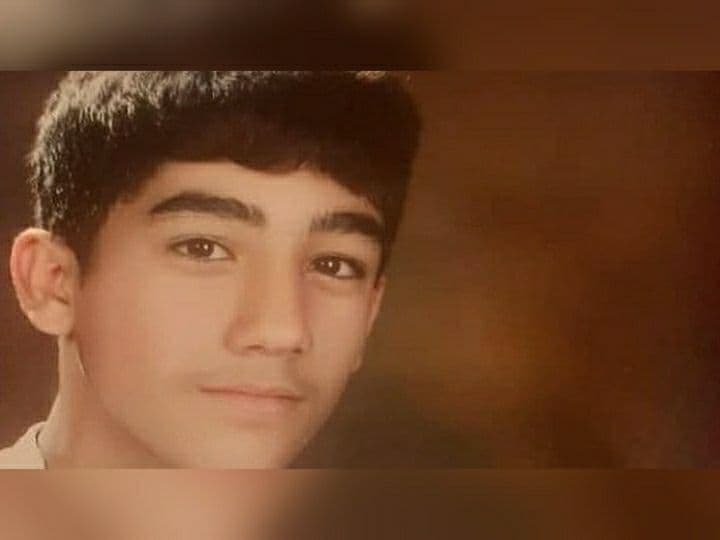A prisoner in the city of Jiroft in Kerman Province, who had previously been sentenced to death for the murder of his brother, was released from the gallows after his family expressed their forgiveness.
According to HRANA, the news agency of Human Rights Activists, quoting Rokna News, a prisoner in the city of Jiroft in Kerman Province was saved from execution following the pardon of his parents.
Mohammad Reza Sharifi, head of the Jiroft Prison Administration, commented on the reversal of the prisoner’s fate.
“With the efforts of the Dispute Resolution Council and the Peace and Reconciliation Committee of the prison, the family of the victim, including his parents, wife, and children, expressed their consent and forgiveness,” Sharifi added, “and the prisoner was released from execution.”
Sharifi stated that the prisoner had murdered his brother with a firearm in one of the villages of Jiroft city in September 2019 due to family disputes, and had been in Jiroft Prison for almost 2 years.
“Due to the consent of the parents, the imprisonment due to the general aspect of the crime was reduced from ten years to three years with a reduction of the sentence, and during the meeting of the prison classification council, it was agreed to employ this prisoner.”










